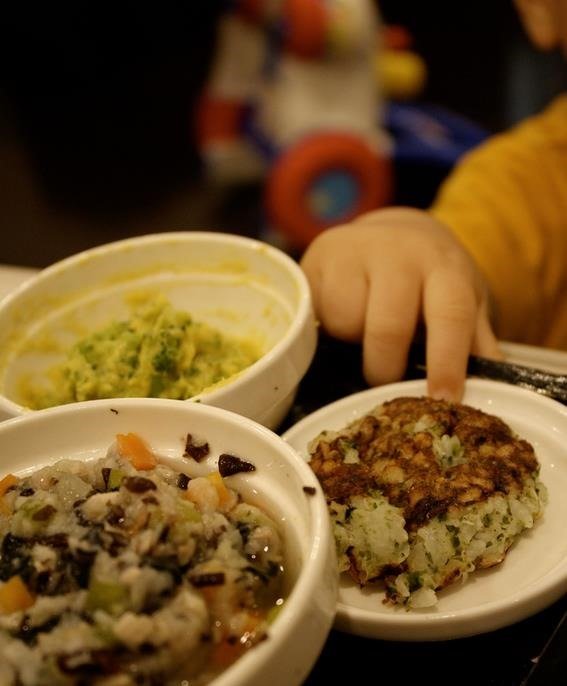What foods should babies under 1 year of age not and should not eat? We discover 5 foods that the smallest of the house should not eat. And we explain why.

The infant feeding is a concern not only many parents, but also pediatricians, general practitioners and ultimately to the various health authorities working in the health of citizens. In fact, in the case of parents, the most common is that doubts arise related to the feeding of the baby, especially when the little one reaches 5 or 6 months of age and the so-called weaning phase or stage begins, which consists of introducing certain solid foods for the baby in the form of porridges, compotes and purees (we remember at this point that breast milk should continue to be the food par excellence, as long as the mother and the little one want).
However, we must pay special attention to a series of foods that babies under 1 year of age cannot and should not eat, since they are not suitable for the child’s health nor are they recommended for their age. We reveal which are the most harmful below.
Honey
As we saw the consumption of this food is not recommended in babies under 1 year of age, due to the risk of botulism caused by spores of the bacterium Clostridium botulinum, which produces a neurotoxin known to name of botulinum toxin that has the ability to multiply inside the digestive system of children.
This infection appears between 8 to 36 hours after the baby or small child has consumed the contaminated food, presenting respiratory distress, weakness and loss of muscle tone, lack of appetite, difficulty swallowing, lack of expression on the face, constipation, crying and weak sucking, and in more severe cases when medical treatment is not given early it can cause death.
On the other hand, in addition to the risk of botulism, the consumption of honey is not recommended because it is a sugar, being a direct cause of dental caries.
Sugar
The consumption of sugar or sugary foods, especially sugary drinks, are not recommended, which will help in the prevention of tooth decay and other dental diseases, as well as other related disorders such as cardiovascular diseases, osteoporosis and Cancer.
As many experts in nutrition and child health advice, if you want to sweeten certain porridges or purees, you can do it with crushed bananas, breast milk or artificial milk.
Salt
According to scientific studies, babies between 6 and 11 months of age tend to exceed the recommended intake of salt each day by 33%. Considering that salt consumption is not good for the kidneys of adults, obviously it is not good for a baby either. Therefore, the recommendation is more than obvious: it is not advisable to include salt in the diet of babies under 1 year of age.
Even after one year of age it is possible to include it, but it must always be in small quantities and always opting for “iodized salt”. But, in any case, the basic recommendation is to try never to include it, so the baby gets used to the taste of food naturally, and without additives.
Nuts (whole and in pieces)
The consumption of nuts is not recommended in children under 3 years of age, since they can cause choking in babies and young children even when they are offered chopped nuts. There are even pediatricians and nutritionists who do not advise the consumption of any dried fruit until 5 years of age.
Nor can we forget the risk of allergies, very common in the consumption of certain nuts, such as peanuts (peanuts).
Low-fat or skim foods
It is not advisable for babies under 1 year of age and young children to eat skimmed or low-fat foods, such as milk, yogurt or skim cheese, since fat is an important source of calories, very important and essential for proper development. Of the smallest.
Therefore, it is recommended that both babies under 1 year and children older than 1 year drink artificial milk (as long as they do not continue to drink breast milk), cheese or yogurt in their “whole” varieties.































